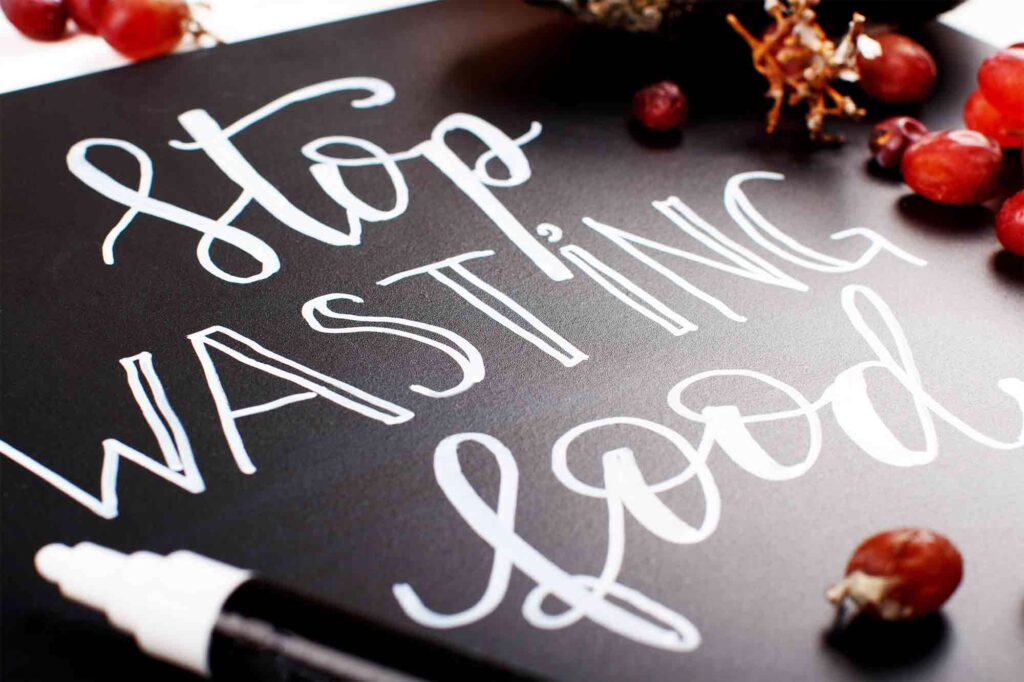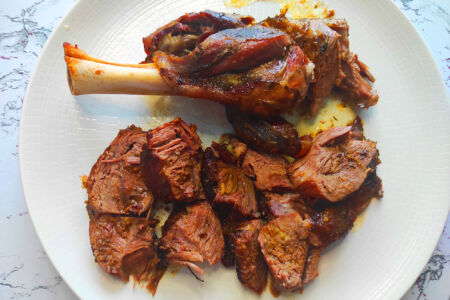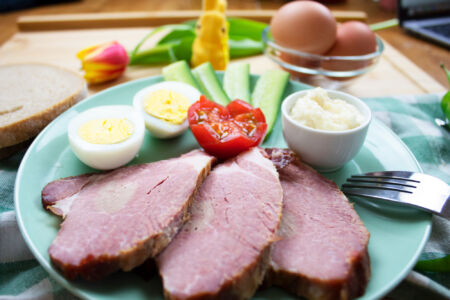In a world striving for sustainable living, the importance of reducing food waste cannot be overstated. One of the most impactful arenas for this endeavor is right in your own kitchen.
Sustainable cooking is not only a responsible choice for our planet but can also be a delicious and economical one.
Here, we'll explore creative ways to reducing food waste while we will maximizing the culinary experience.
Mindful Meal Planning
Before you even set foot in the kitchen, plan your meals. Take inventory of what you have and make a shopping list.
This simple step reduces impulse purchases and ensures you use what you buy.
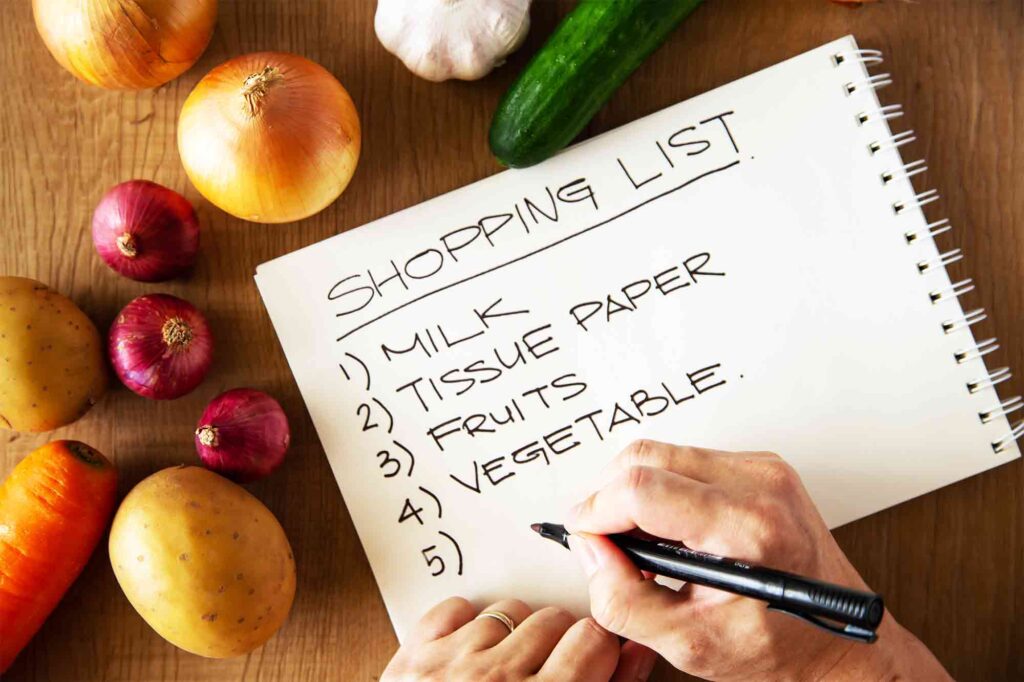
Embrace Ugly Produce
We often reject fruits and vegetables with minor imperfections, contributing to food waste. Instead, choose the "ugly" produce at your local market.
They're just as nutritious and flavorful.
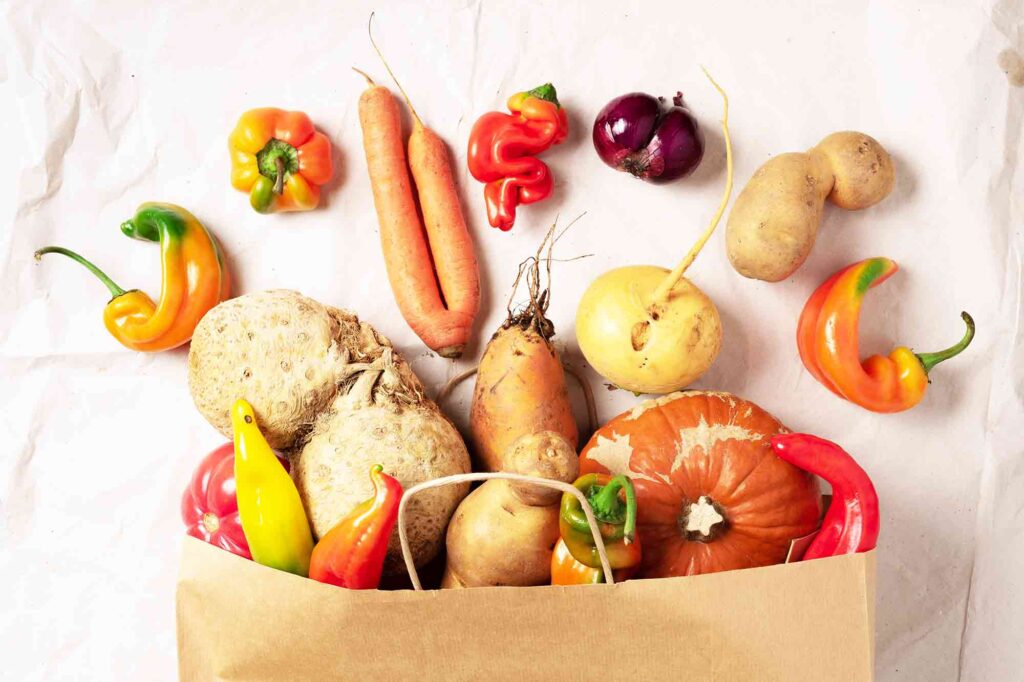
The Art of Preservation
Extend the life of perishables by preserving them. Learn the art of pickling, canning, or making jams and sauces.
These techniques not only reduce waste but add a burst of flavor to your dishes.
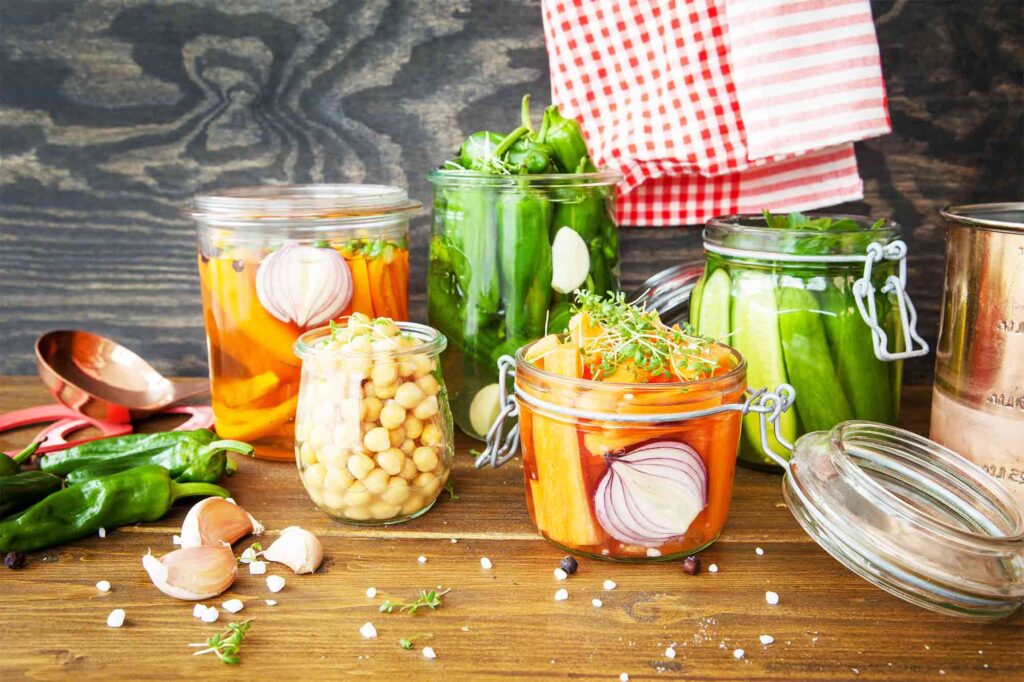
Creative Leftovers
Leftovers are culinary treasures. Get creative with them by turning last night's dinner into today's gourmet lunch.
Think stir-fries, frittatas, or sandwiches.
Master the Freezer
Your freezer is a magical tool for preserving food. Freeze herbs in olive oil, make ice cube trays filled with leftover broths, or freeze overripe fruits for future smoothies.
Composting Comrades
Not everything can be saved, but it can be repurposed. Start composting to turn kitchen scraps into nutrient-rich soil for your garden.
It's a win-win for your kitchen and the environment.
Portion Control
Serve appropriate portions to avoid plate waste. You can always go back for seconds, and it's easier to store leftovers in smaller quantities.
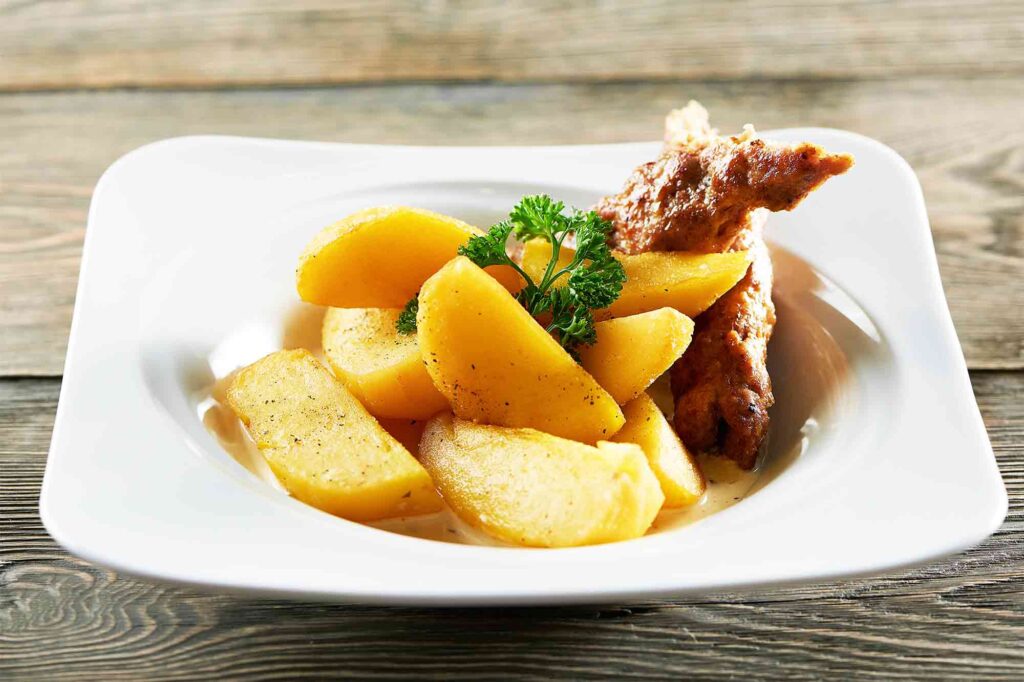
Love Your Leftovers
Be proactive in using leftovers. Set aside a designated "leftover night" in your meal plan or take them for lunch.
Food that's eaten is food that doesn't go to waste.
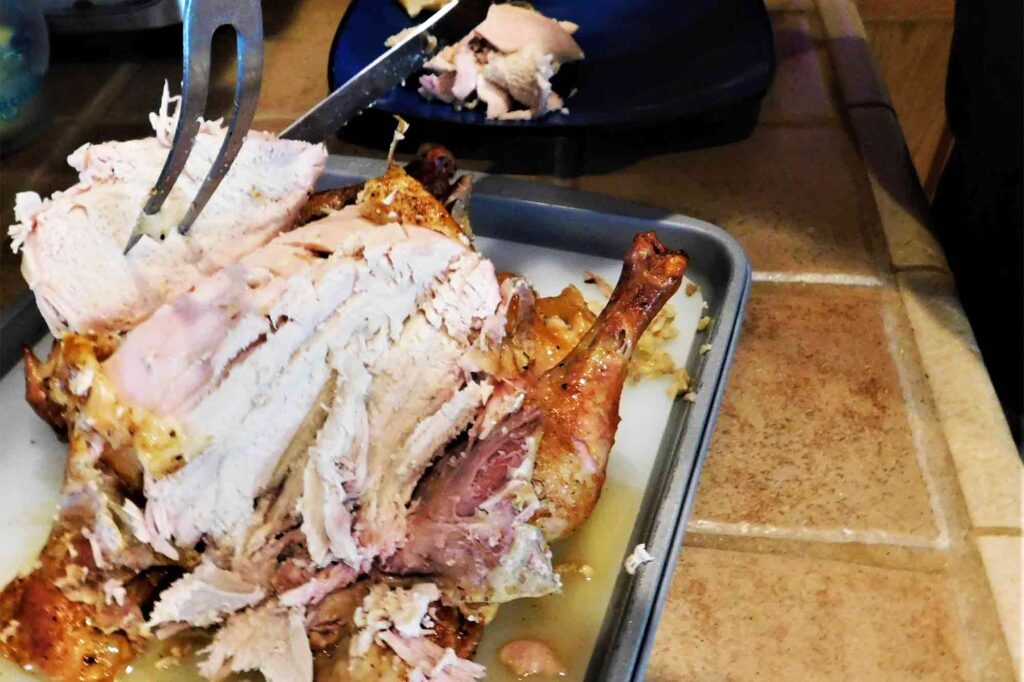
Educate Yourself
Stay informed about food expiration dates. "Sell by" and "best by" dates are often overly cautious, so trust your senses.
If it looks and smells fine, it's probably safe to eat.
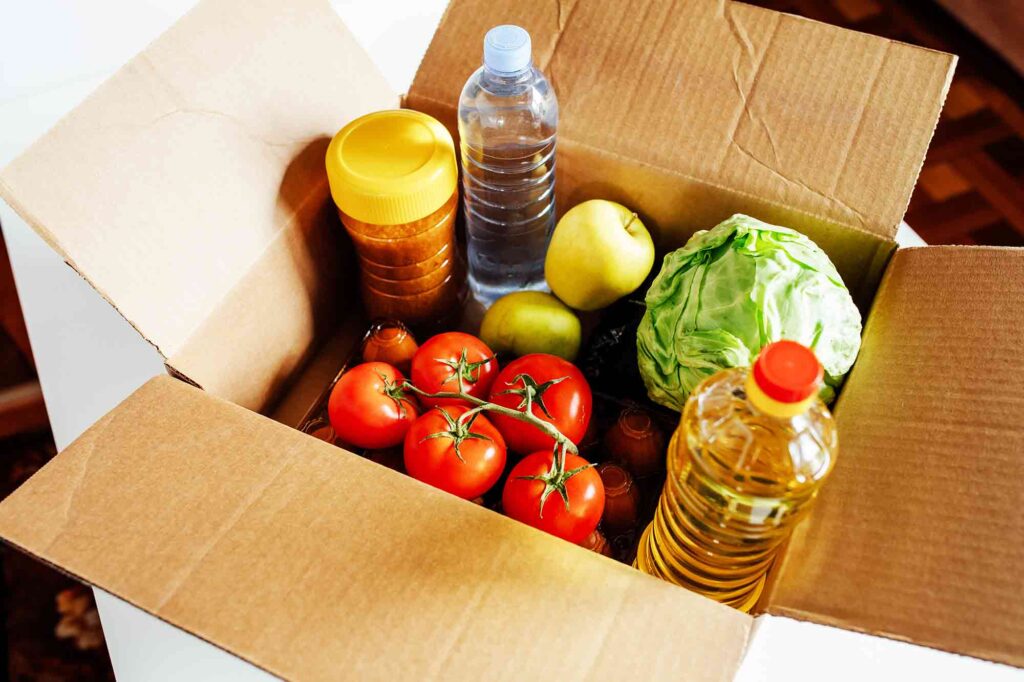
Share the Bounty
Consider donating excess food to local food banks or community organizations. It's a meaningful way to reduce waste and help those in need.
Sustainable cooking isn't just about saving the environment, it's about improving your cooking skills, reducing your grocery bill, and savoring every ingredient.
By adopting these practices in your kitchen, you'll be contributing to a more sustainable future while enjoying delicious, creative, and waste-free meals.
It's a recipe that benefits everyone and our beautiful planet.

